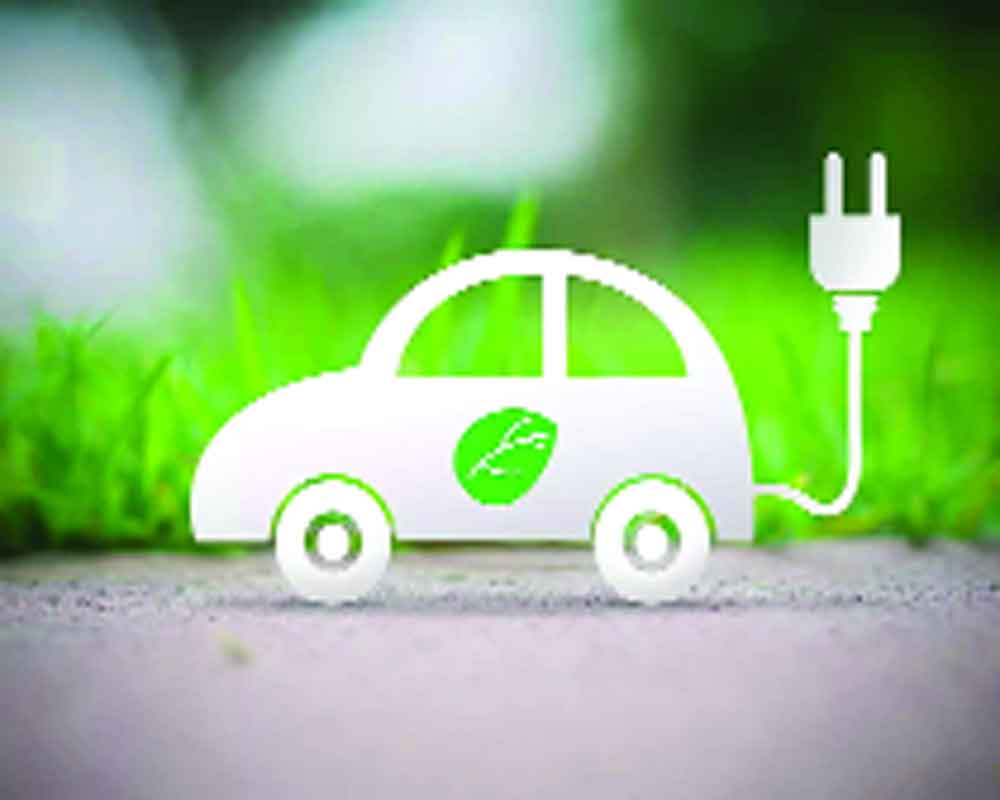To promote continuous usage of EVs, the Government India provides rebates on taxes and subsidies on their purchase
The world population is increasing day by day and so is the demand for various modes of transport, resulting in the increased demand for fuels such as petrol and diesel. Smoke emitted from these vehicles causes air pollution which kills many people each year. Electric vehicles (EVs) must be one of the future means of transportation.
Transport has become a fundamental requirement and use of electric vehicles will replace the traditional highly polluting petrol and diesel vehicles. Vehicular pollution emissions resulting in poor air quality increases respiratory ailments like asthma, escalate the risk of life-threatening conditions like lung cancer, contribute to strokes, heart and other respiratory diseases.
According to the World Health Organization (WHO), air pollution is one of the world’s most urgent environmental hazards, causing more than three million pre-mature deaths annually and eventually burdening our health care system with substantial medical costs. Even animals and other living creatures on earth are also being affected because of this.
Global warming, growing demand for fuel and pollution are some of the reasons for promoting electric vehicles. It is believed that passenger vehicles are a major contributor to pollution, producing significant amounts of carbon monoxide, nitrogen oxide and other harmful gases.
Advancement of technology has and always will help for betterment of human life. According to a research study, it has been found that Volvo aims to produce faster and all electric powered cars by 2030 followed by General Motors aiming to stop selling new light trucks and gasoline powered cars by 2035. Across the world, the automakers and the government are promoting EVs to combat climate change.
Vehicles running on petrol or diesel emit smoke which is one of the major causes for global warming. Using EVs will help reduce the same. The introduction of eco-friendly vehicles or green vehicles, will help make our cities cleaner, reduce carbon dioxide (CO2 ) emissions, reduce pollution and improve the livability of citizens.
Today, everyone is finding ways to curb polluting emissions that contribute to climate change. EVs guarantee a significant reduction in both running and maintenance costs. They are not only good for the environment but even for human life too. Research has shown that fully electric vehicles have zero tailpipe emissions and are far much better for the environment.
Electric cars emit fewer air pollutants than petrol or diesel cars and hence prove to be better for the environment. There is no denying the fact that the availability of non-renewable natural resources of energy/fuels is limited and that their continuous usage is not only destroying our planet but having adverse effects on public health.
From the recent research, it has been found that electric vehicles can covert around 60 per cent of the electrical energy from the grid to power the wheels, but petrol or diesel cars can convert only 17 to 21 per cent of the energy stored in the fuel to the wheels, causing a waste of around 80 per cent.
The major benefit of electric cars is the low running and maintenance costs.
Today, EVs are a whole new technology which is growing day by day and in the coming years will generate a lot of employment opportunities. Usage of EVs will also reduce the dependency on petroleum export countries and import cost of fuels like petrol and diesel, thereby aiding in increased economic growth. Not only this, to reduce the impact of charging electric vehicles, India is ambitious to achieve about 40 per cent cumulative electric power installed capacity from non-fossil fuel-based energy resources by the year 2030.
The Government has started promoting the use of electronic vehicles. For a long time, many trains including metros have been running on electricity. E-bikes, E-rickshaws and E-cars are already in the market. To promote continuous usage of EVs, the Government of India provides rebates on taxes and subsidies on their purchase. Recently the Delhi Government launched ‘Switch Delhi’ campaign to promote use of electric vehicles.
Put simply, electric cars give us clean streets and make our cities a better place for pedestrians and cyclists. In over a year, with just one electric car on the road can save an average 1.5 million grams of CO2. A substantial infrastructure that is affordable, accessible and serves all consumer groups coupled with a strong financing ecosystem, policy incentives, and technological advancements is likely to set the EVs market for significant growth in the coming decade. Therefore, EVs are the way forward for Indian transport, and it’s time we must switch to them.
(The author is a teacher at a reputed school in Delhi)


























